In an increasingly complex and fast-moving world, managing a workforce is no longer just about scheduling shifts or tracking productivity—it’s about creating systems that are agile, efficient, and responsive to real-time needs. For healthcare providers, consulting firms, and organizations of all sizes, Artificial Intelligence (AI) is becoming a game-changing ally in workforce management.
At Expert Health Consulting, we believe that AI is not here to replace people—but to empower them. By integrating AI into workforce management, companies are seeing measurable gains in productivity, employee satisfaction, and cost control. This blog explores how AI is being used to transform workforce management and the key benefits your organization can leverage.
What Is AI-Powered Workforce Management?
AI-powered workforce management refers to the use of machine learning, data analytics, and automation tools to streamline how businesses plan, deploy, and monitor their workforce. These tools analyze massive amounts of data to:
- Forecast staffing needs
- Optimize schedules
- Identify productivity patterns
- Predict attrition and burnout
- Automate repetitive HR tasks
- Support better hiring decisions
Instead of relying solely on human intuition and spreadsheets, managers can make informed decisions backed by real-time data and predictive analytics.
Core Benefits of Using AI in Workforce Management
1. Smarter Scheduling and Staffing
AI can analyze historical data, real-time workloads, seasonality, and employee availability to automatically generate optimized schedules. In industries like healthcare, where patient volume can fluctuate unexpectedly, this allows for better shift coverage without overstaffing.
Key result: Reduced labor costs and improved patient or customer service due to having the right people in the right place at the right time.
2. Predictive Analytics for Attrition and Burnout
By analyzing employee behavior, engagement data, and historical turnover rates, AI can predict which team members may be at risk of leaving or experiencing burnout. Managers can then proactively intervene—through coaching, adjusted workloads, or other support—to retain talent and improve well-being.
Key result: Lower turnover rates and a healthier, more engaged workforce.
3. Data-Driven Hiring and Talent Matching
AI can assist in recruiting by scanning resumes, evaluating candidates based on predefined criteria, and even predicting cultural fit or long-term success in a role. This streamlines hiring while minimizing human bias.
Key result: Faster time-to-hire and higher employee retention.
4. Enhanced Employee Productivity Tracking
AI tools can track performance metrics across individuals, teams, and departments, identifying trends and outliers. This allows managers to recognize top performers, identify coaching opportunities, and make data-driven operational changes.
Key result: Improved performance and goal alignment across the organization.
5. Reduced Administrative Load for HR Teams
AI-driven chatbots and workflow automation can handle common HR tasks—such as answering employee questions about benefits, updating payroll data, or processing leave requests—freeing up HR professionals to focus on more strategic responsibilities.
Key result: Higher efficiency and reduced human error in administrative processes.
Real-World Applications in Healthcare and Consulting
At Expert Health Consulting, we’ve helped clients across the healthcare and consulting industries implement AI workforce solutions that result in meaningful ROI. Here’s how:
- Hospital Systems: AI forecasts daily patient load and matches it with optimal nurse and physician staffing levels, improving care quality and reducing overtime.
- Multi-site Clinics: Centralized AI systems manage scheduling across different locations, ensuring staff coverage and minimizing scheduling conflicts.
- Consulting Firms: AI platforms allocate consultants to projects based on availability, expertise, and workload, improving client satisfaction and delivery efficiency.
- Remote and Hybrid Teams: AI tracks productivity trends across locations and time zones, enabling fair performance assessment and workload balancing.
In each scenario, AI doesn’t just automate—it augments management decisions with insight and precision.
Overcoming Resistance: Addressing Common Concerns
Despite its benefits, some employees and managers are wary of AI. Common concerns include:
- “AI will replace human jobs.”
AI doesn’t replace people—it helps people do their jobs better. In workforce management, AI supports decisions and automates the administrative burden, allowing teams to focus on high-impact work. - “It invades employee privacy.”
When used responsibly, AI tools respect employee data privacy and are transparent about what is being measured and why. It’s crucial to communicate clearly with staff about the purpose of AI systems and how they benefit everyone. - “It’s too complex to implement.”
Many AI workforce tools are designed for easy integration with existing HR and operations systems. With proper guidance and training, the transition is smooth and adoption is high.
Best Practices for Implementing AI in Workforce Management
Thinking about adopting AI in your workforce strategy? Here’s how to get started:
- Identify your organization’s pain points.
Is it turnover, scheduling inefficiencies, or recruiting challenges? Start where the return will be highest. - Choose tools that fit your industry.
Look for platforms with proven success in your field—especially those with healthcare or consulting-specific features. - Ensure system integration.
Select AI tools that integrate with your existing systems like payroll, CRM, or EHR software to avoid data silos. - Train your team.
AI works best when people know how to use it. Provide clear onboarding and make change management part of your rollout. - Review and refine.
Monitor results, collect feedback, and continue optimizing the system to ensure it aligns with your evolving needs.
The Future of Workforce Management Is AI-Enhanced
As organizations grow more complex, AI will become not just a benefit but a necessity for managing people effectively. From reducing burnout in healthcare workers to helping consultants allocate their time more strategically, AI is creating smarter workplaces—built on data, not guesswork.
At Expert Health Consulting, we’re helping organizations unlock the full potential of their workforce with AI-driven insights. Whether you’re aiming to reduce costs, retain talent, or scale operations, AI is a key part of the solution.
If you’re ready to transform how your team operates, we’re here to guide you.
Key Takeaways
- AI optimizes scheduling, staffing, and resource allocation for maximum productivity.
- Predictive analytics reduces burnout and turnover by identifying risks early.
- Data-driven hiring and performance management lead to smarter talent decisions.
- AI reduces the HR admin burden, allowing teams to focus on strategy and culture.
- Successful implementation starts with clear goals, training, and integration.



